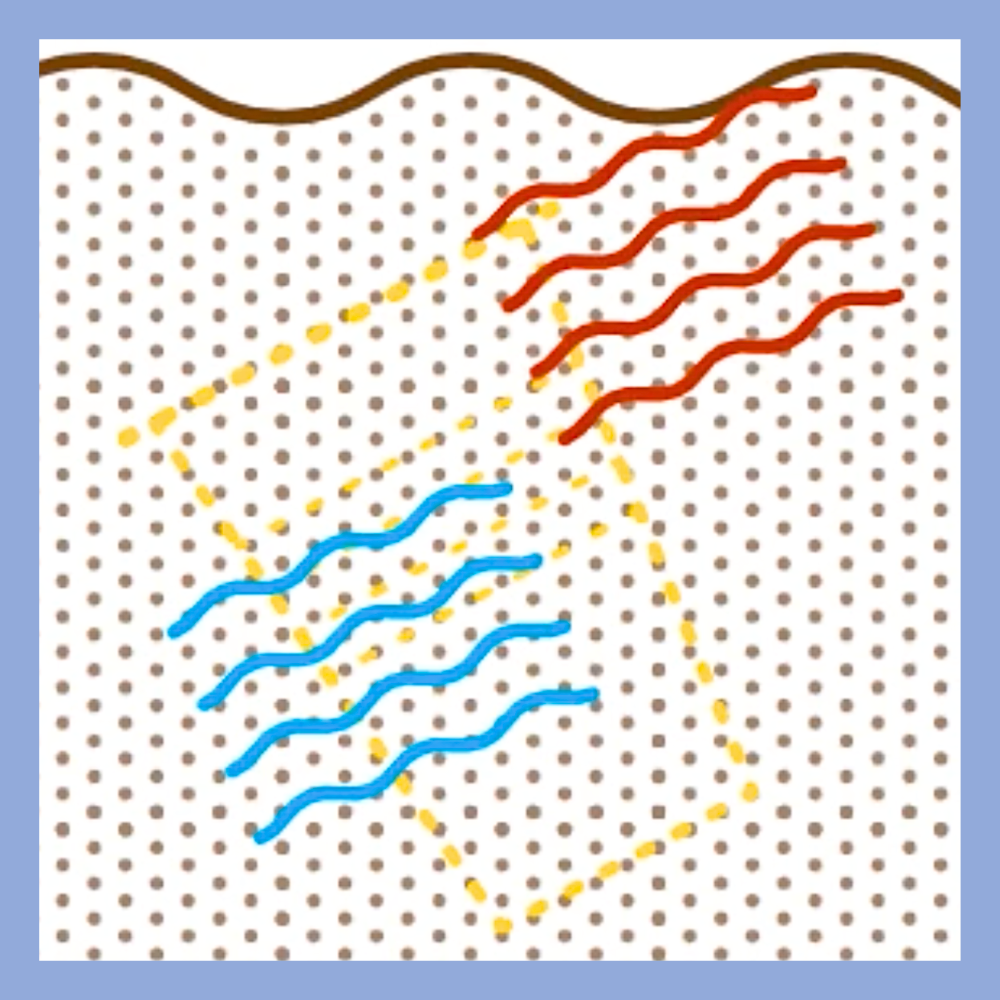1
/
of
9
30 count sleeve
New Wave Cups™ - 16 oz PHA Home Compostable Cups, Biodegradable & Plant-Based | Eco-Friendly, Sustainable, Made in USA | Greener than PLA Disposable Cups | 30 Count
Regular price
$10.99 USD
Regular price
$10.99 USD
Sale price
$10.99 USD
Unit price
/
per
Share
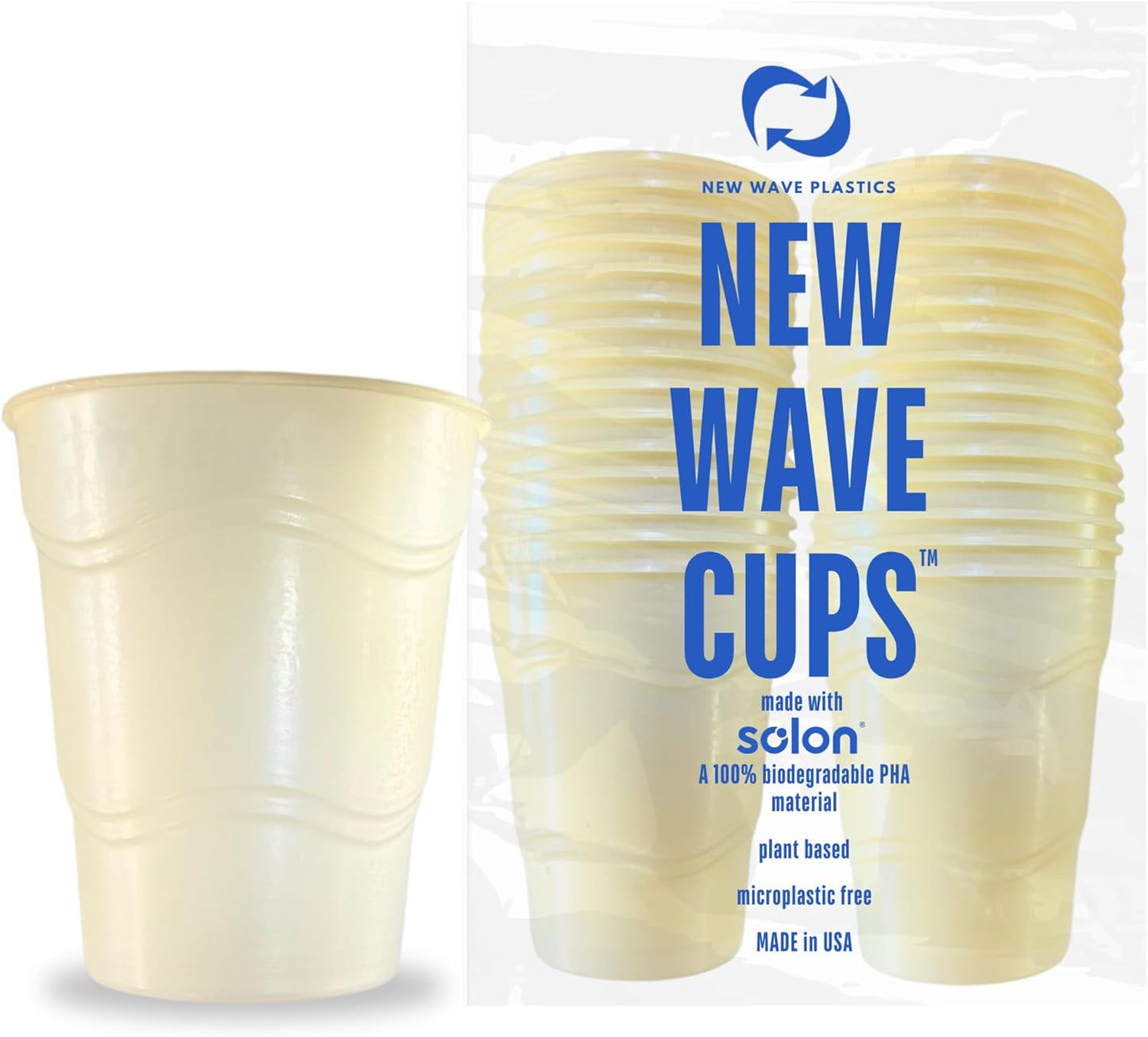
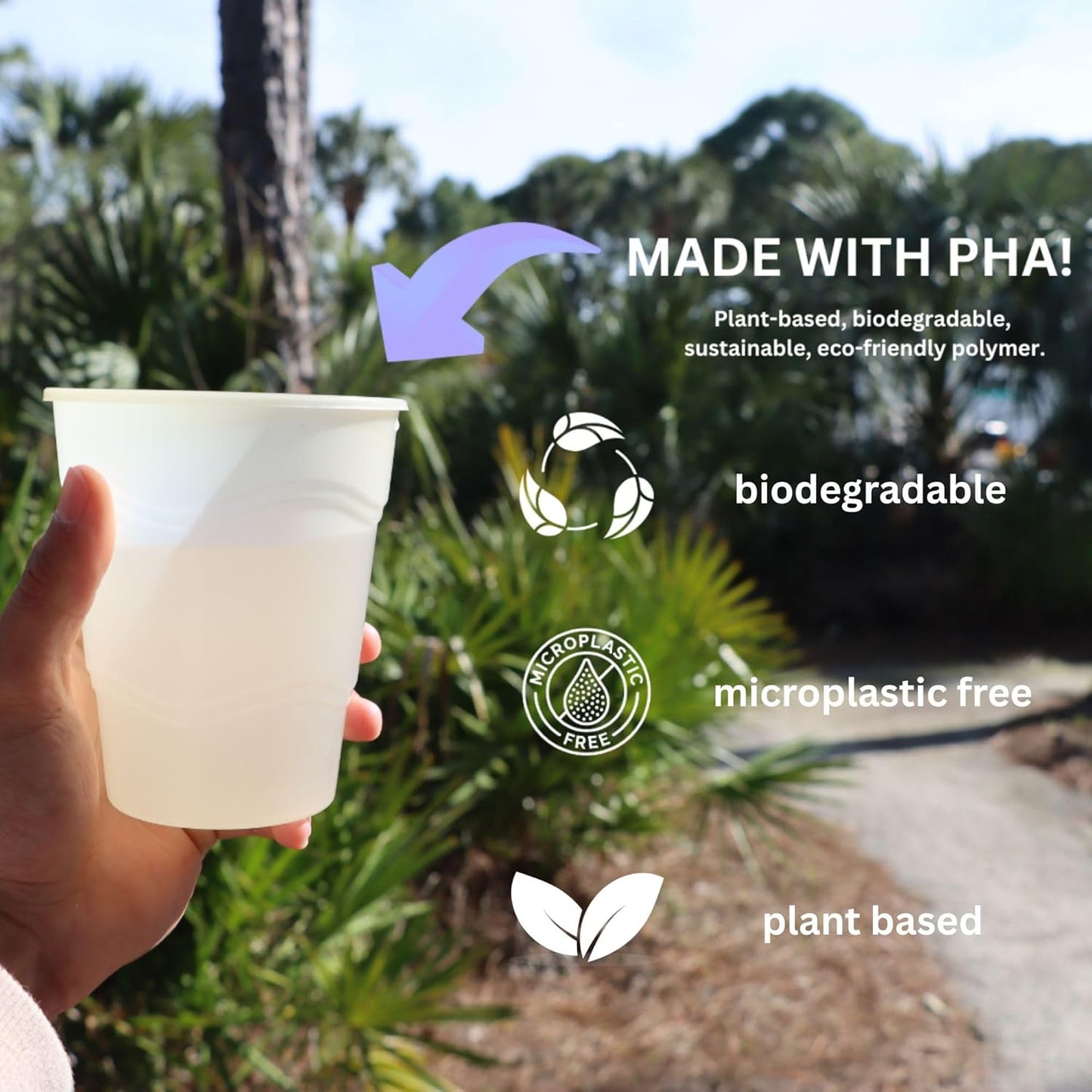
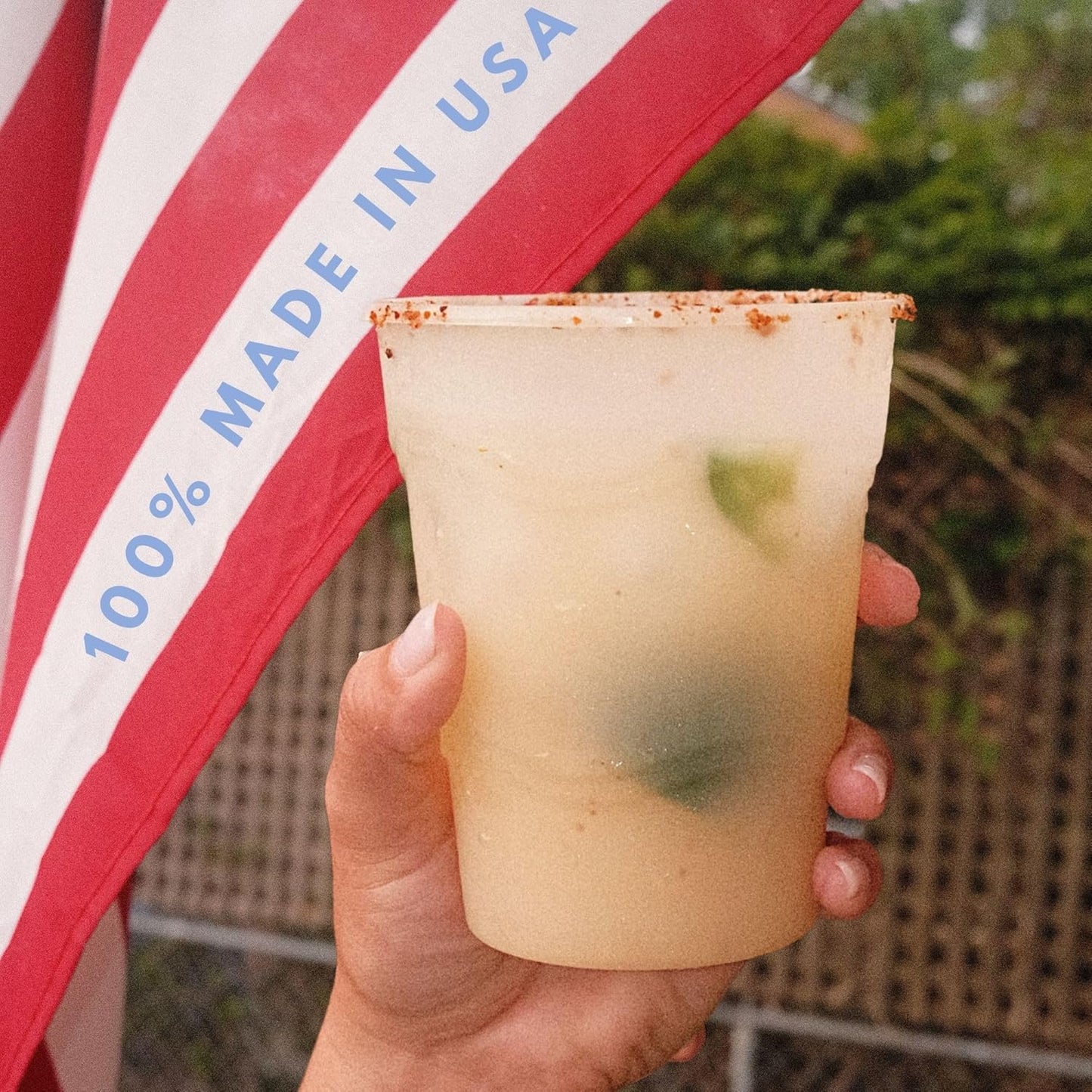
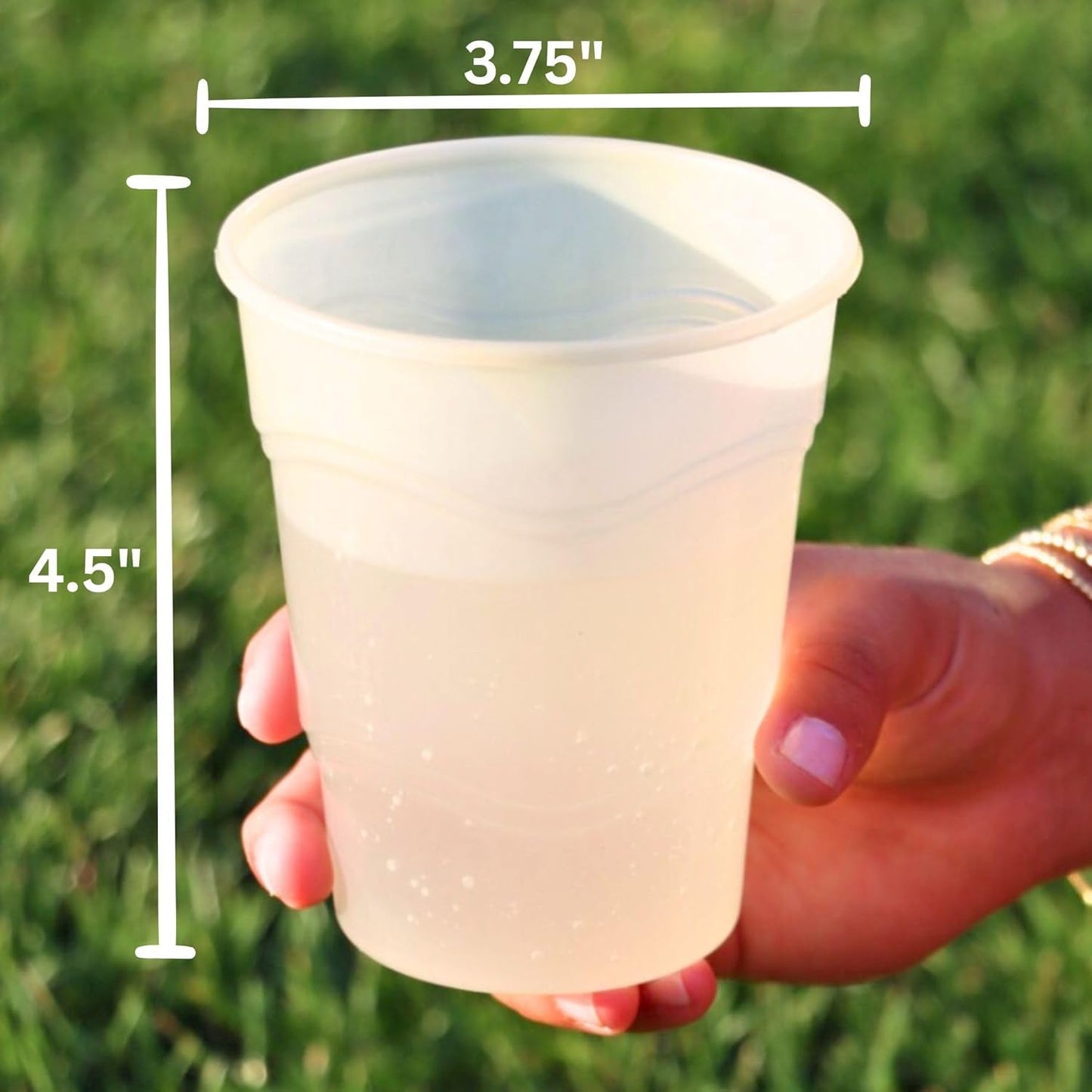
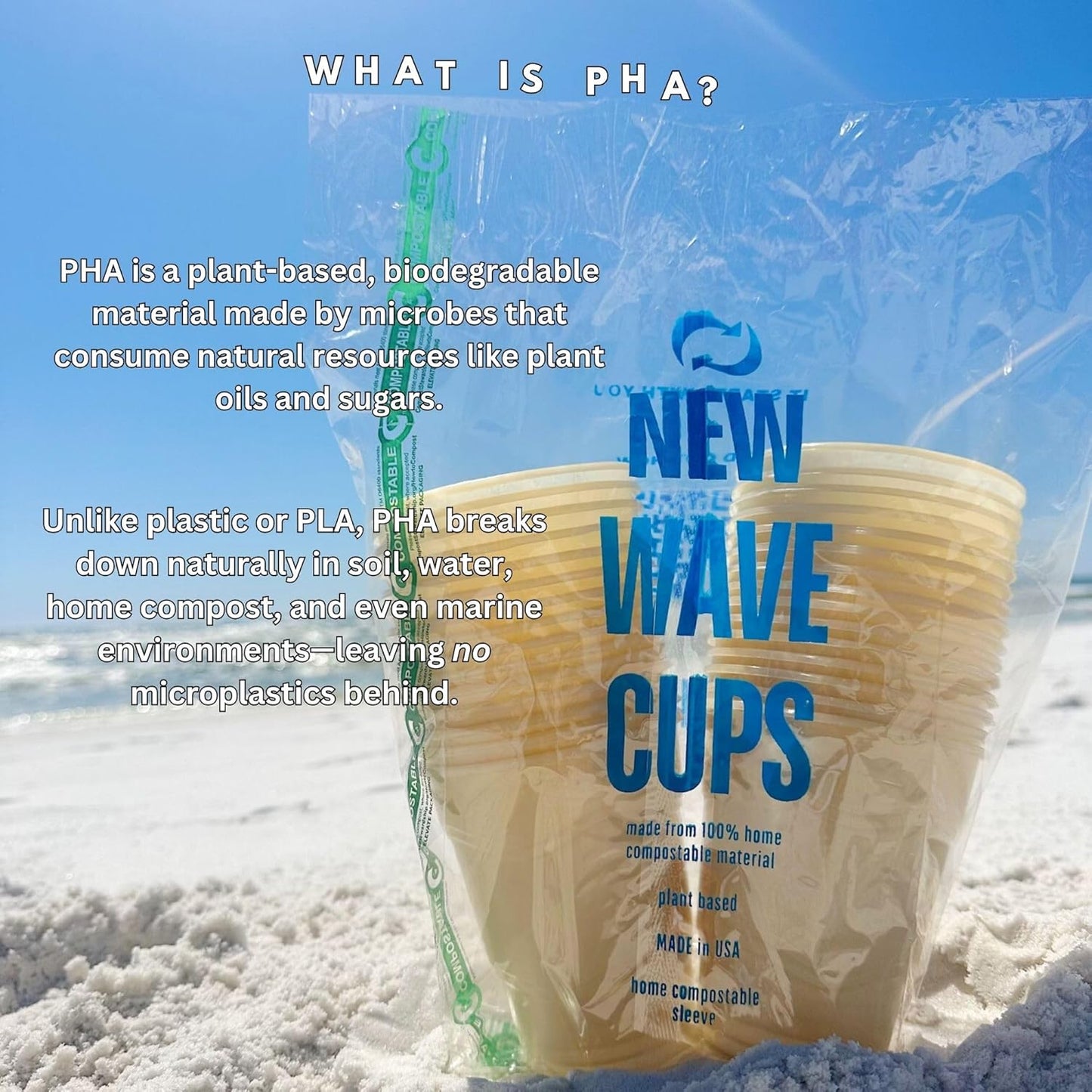
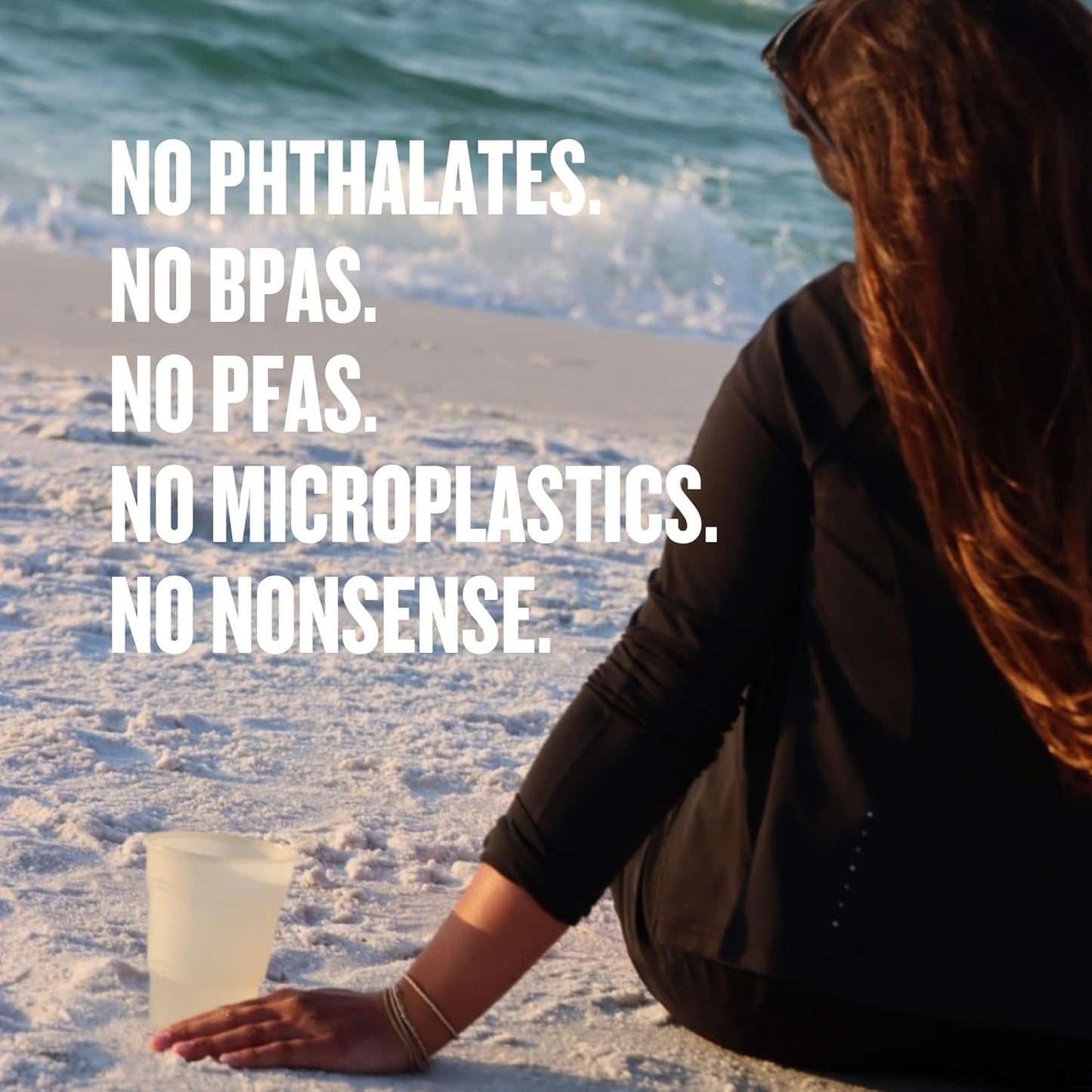
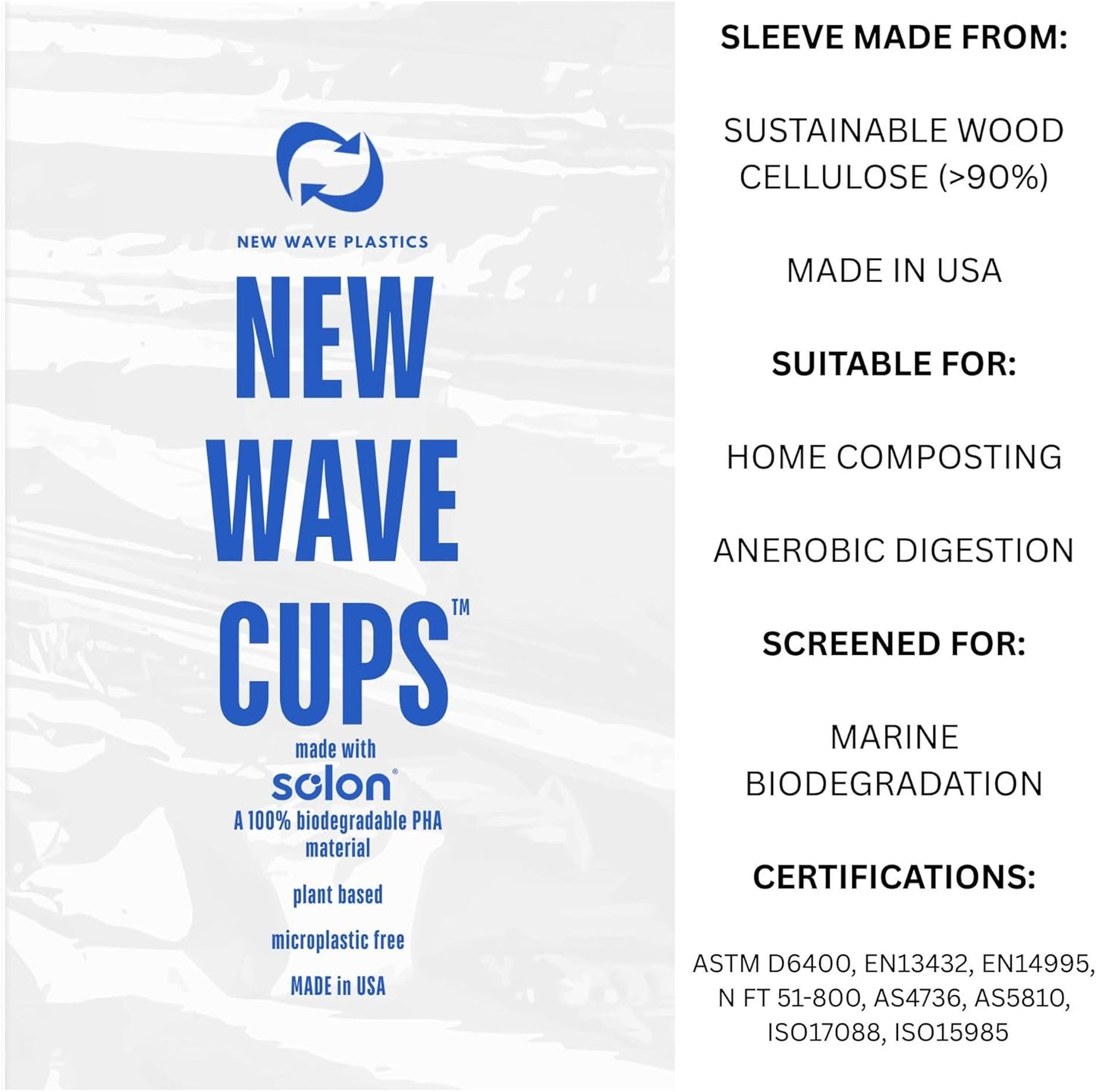
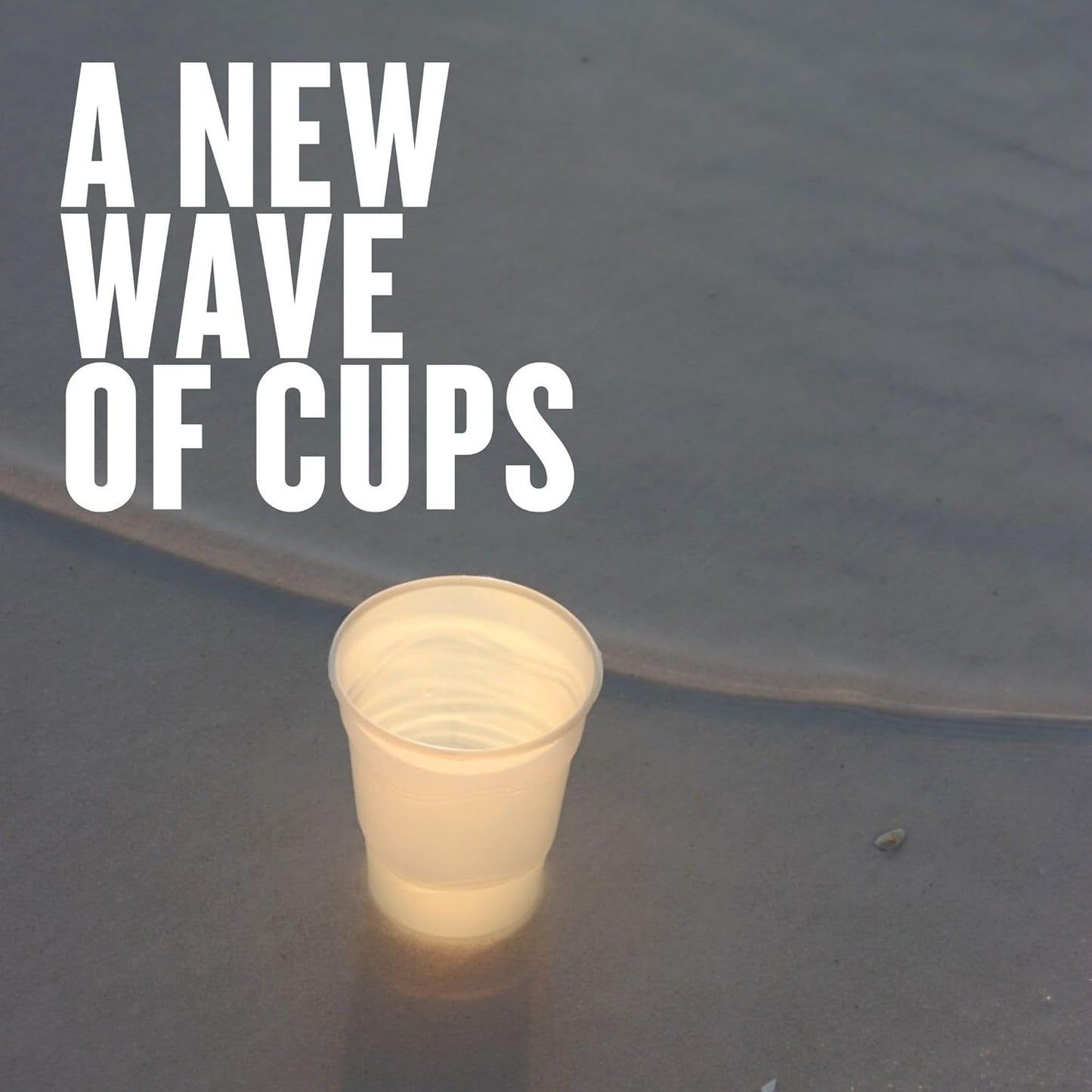

PHAs (polyhydroxyalkanoates) are a family of renewable and biodegradable biopolymers that are produced through the fermentation of plant oils by specific strains of bacteria.
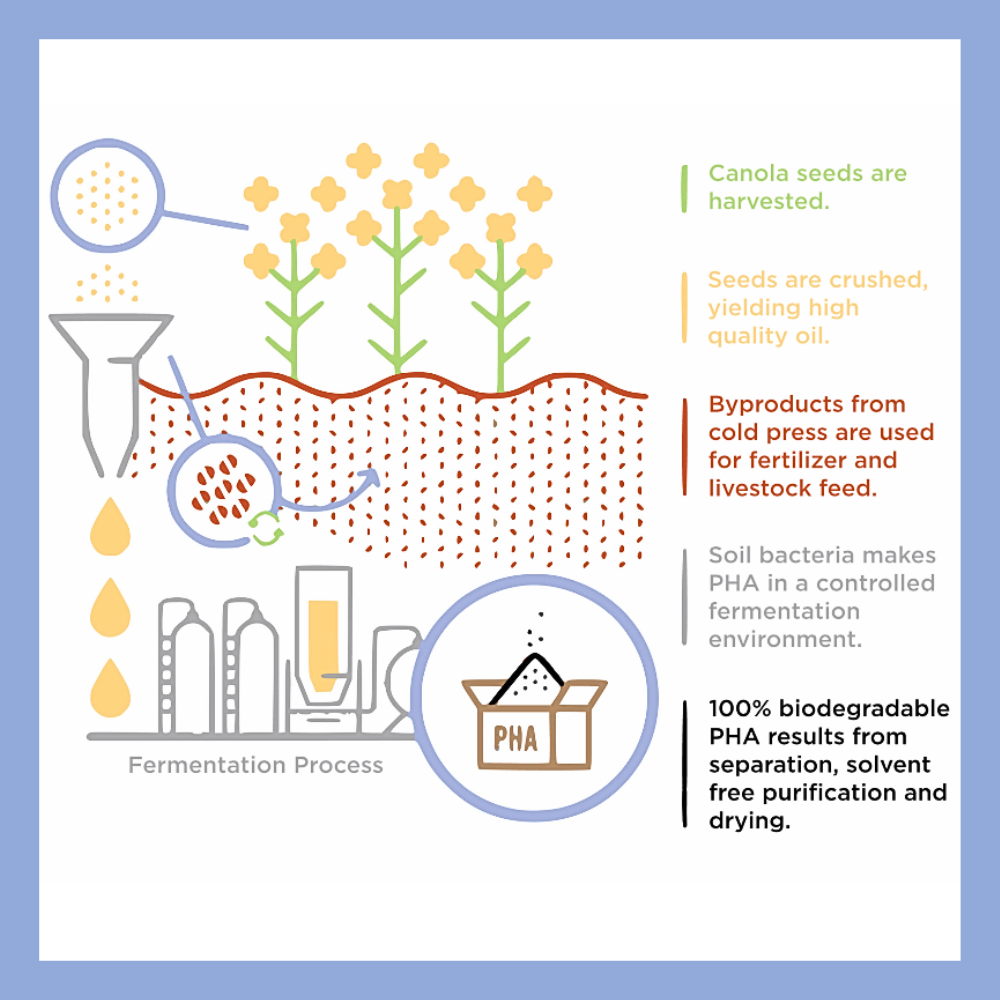
When plant oil is fermented by certain bacteria, the organisms convert the oil into polyhydroxyalkanoates (PHAs), which accumulate as granules inside their cells. These PHAs serve as an internal energy and carbon storage source. Once sufficient PHA has accumulated, the bacterial cells are harvested, and the PHA is extracted and purified to produce a bioplastic resin. This process is conceptually similar to beer production, where sugars are fermented by yeast to produce alcohol, except in this case, the fermentation product is a biodegradable polymer instead of ethanol.
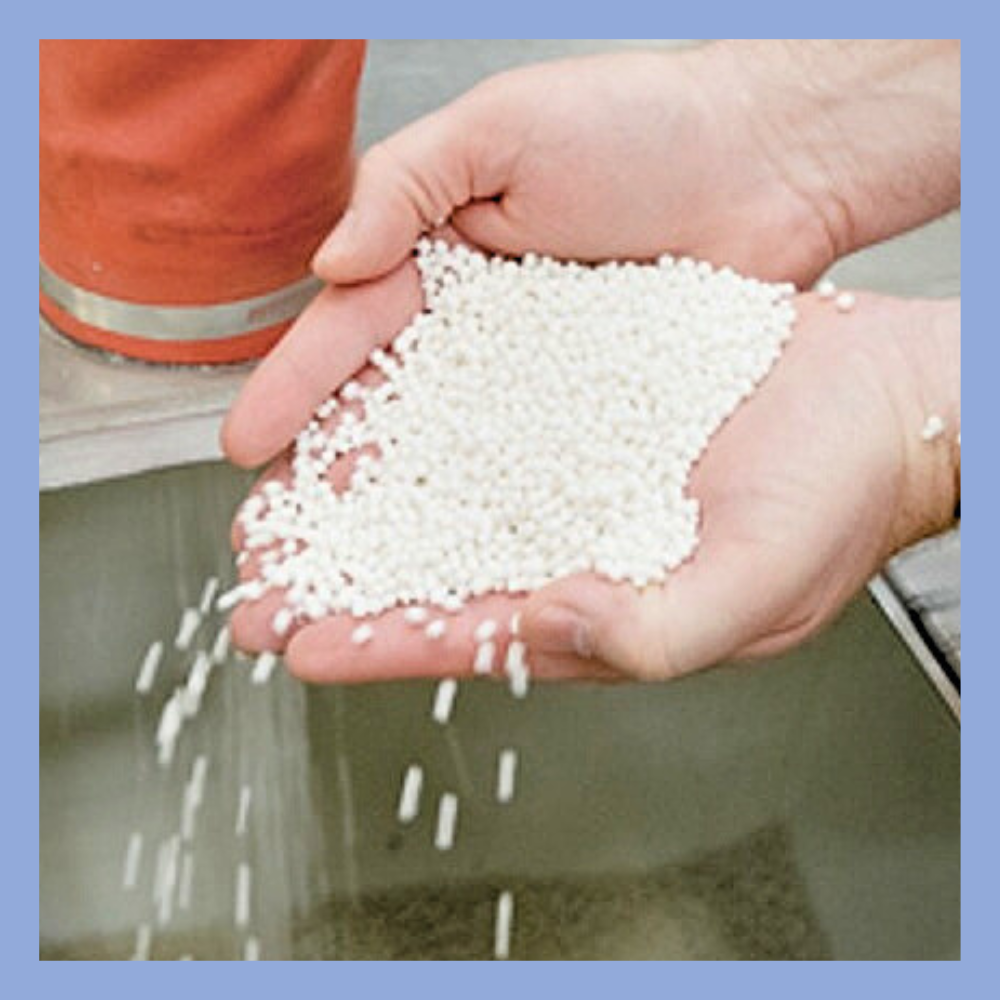
Once the PHA resin is extracted and purified, it can be melted and formed into our New Wave Cups. This resin behaves similarly to traditional plastic during manufacturing but breaks down naturally after use.
